Brothers, the Anshide incident you've been following has taken a critical turn: the Dutch government suddenly gave in! The control of Anshide Semiconductor was returned to its Chinese parent company, WenTai Technology. This 50-day chip battle has temporarily ended with China achieving a "partial victory." The Ministry of Commerce immediately responded with "welcome" and called it "the correct first step."
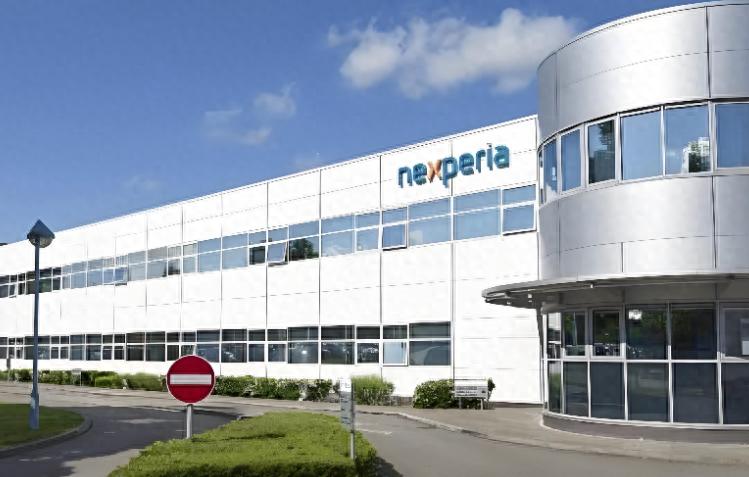
But don't cheer "China's complete victory" yet! If you think this is just a simple "countermeasure success," then you're underestimating it. Behind this lies a major reshuffle in the global chip industry. Politics wants to break up the supply chain, but the market is holding on tightly, and a new balance of power is quietly taking shape.
What warning does this incident bring us? How can China avoid such risks in the future? Or is China's countermeasure a universal key? These are all worth deep thinking about.
This matter needs to start from the Dutch side. They initially used the Cold War-era "Material Supply Law," trying to seize control of Anshide, citing reasons that sound intimidating: "There is a risk to national security" and "you are not managing well." It's clear to everyone that this is just the U.S. strategy to block China's chip industry.
But China didn't follow the usual pattern. Instead of arguing legal documents in court, they directly launched a "supply chain combination punch," hitting the pain points of the other side.
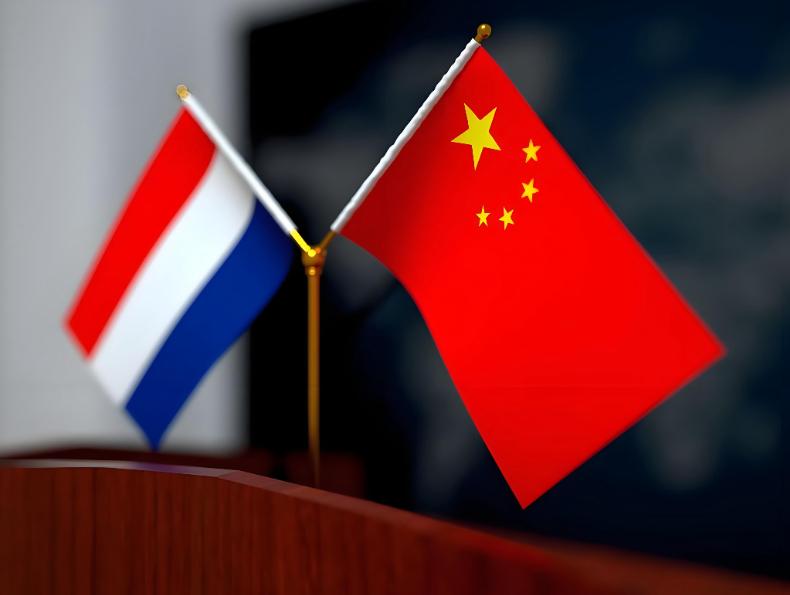
The first move hit the core: The Ministry of Commerce blocked Anshide's packaging and testing factory in China from exporting chips.
Some may ask, what is a packaging and testing factory? Simply put, the automotive chips made by Anshide need to undergo the final "packaging and testing" in China before being sold globally, and this factory accounts for 80% of its production capacity. Once this move was made, the global automotive industry immediately panicked. European automakers like Volkswagen and BMW saw their inventories rapidly depleting; if supply were cut off, they would have to stop production, losing millions of euros a day. Of course, they would be worried.
The second move was even harsher: increasing the export control of rare earth elements.
Although it wasn't explicitly stated as targeting the Netherlands, everyone knows that the Netherlands has a leading lithography machine manufacturer, ASML, and high-end manufacturing cannot do without rare earth elements. This is equivalent to telling the Netherlands: Don't think only you can "choke" people; raw materials and core production capacity can also be leverage.
In short, China broke away from the old routine of "diplomatic protest + legal litigation" and directly took action in the real economy. The implied message was: Now that the supply chain is intertwined, if you try to use political means to forcibly dismantle it, you must bear the cost of economic collapse.
Another major turning point in the development of the situation was the media reversal: from "China cutting off supply" to "the Netherlands breaching the contract."
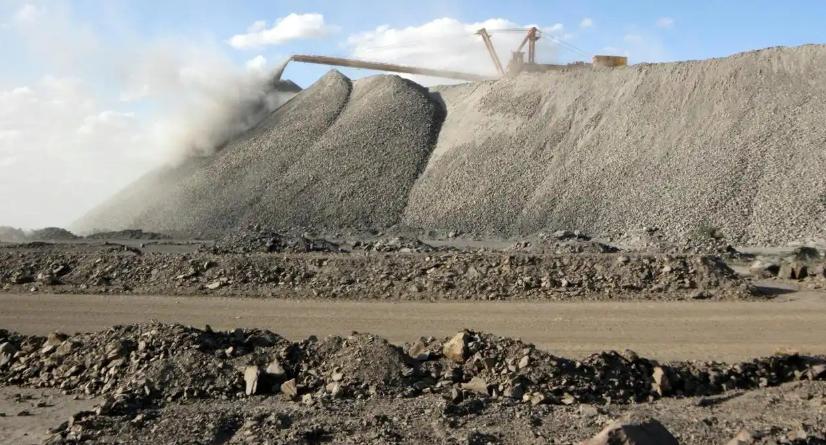
At first, the Netherlands might have wanted to create a situation: "Look, the global chip shortage is caused by China cutting off supply!" But Anshide China immediately released the accounts: "The Dutch headquarters owes us 1 billion yuan in unpaid goods!" This completely changed the situation.
Once the accounts were revealed, the nature of the conflict changed, shifting from "geopolitical conflict" to "who is not following commercial rules." Global customers understood clearly: it was not China deliberately cutting off supply, but the management chaos and unpaid debts from the Netherlands that led to this situation. In addition, the fact that the Chinese factory had "adequate inventory and stable production capacity" made it clear who was the responsible supply chain pillar and who was causing instability.
Now the Netherlands was completely at a disadvantage. Germany, France, and other EU powers, already troubled by the chip shortage, saw the real culprit as the Dutch administrative intervention, and began to exert pressure. Even the U.S., which had been supporting them behind the scenes, fell silent. It would be unthinkable to destroy the European allies' automotive industry just to contain China.
The Netherlands became isolated, and their own "administrative intervention" was not recognized by their European partners, forcing them back to the negotiation table and returning the control rights.
However, we should remain清醒, the Netherlands used "suspension," not "revocation." These two words make a big difference. It's equivalent to the Netherlands temporarily putting away the "tool to seize control rights," but not discarding it. As long as they want, they can take it out again anytime.
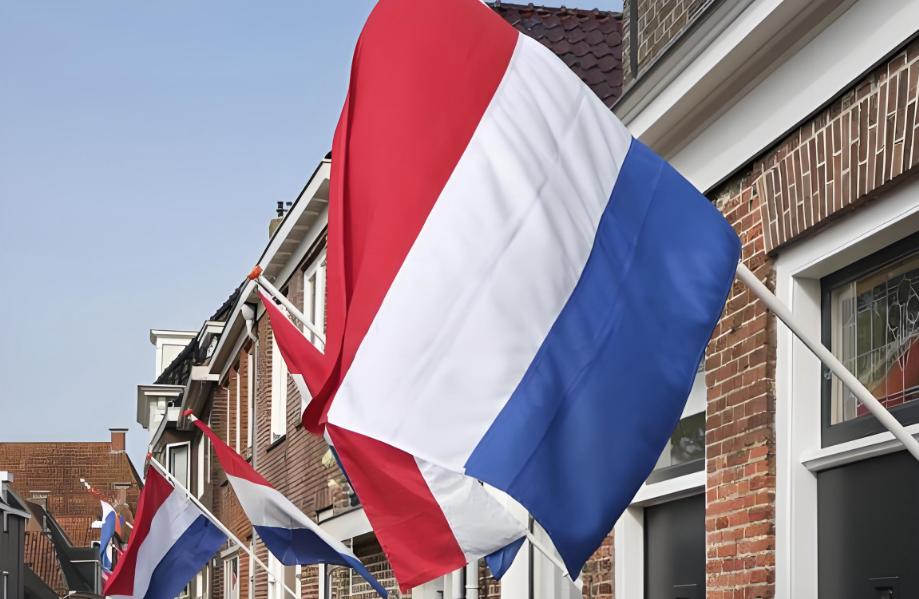
The Ministry of Commerce also said clearly that this was just "the first step," and there was still a long way to go to fully resolve the issue. Especially the previous decision by the Dutch Ministry of Economic Affairs to "seize the control rights of WenTai" has not been revoked yet, which remains a major risk.
Moreover, the Netherlands requires Anshide to report on "production resources and intellectual property transfers" at any time, meaning they are still wary of technology flowing into China. Their suspicion has not been eased at all. Therefore, this incident is "cooling down, but not over."
Finally, summarizing: The new rules of the chip game, China has found the key. This incident of Anshide actually set a new rule for global chip competition and made everyone understand three things:
First, technical superiority alone is not a universal solution. Previously, people thought "whoever has the technology has the say," but now it has become clear that the market, production capacity, and raw materials on the supply chain are all hard currencies, and together they form a system of mutual checks and balances.
Second, precise strikes are more effective than full-scale confrontation. China did not launch a "comprehensive decoupling," but targeted the weaknesses of the Netherlands, attacking the dependence of the European automotive industry and ASML on rare earth elements, achieving the goal with minimal cost.
Third, the source of authority is changing. Previously, it was "those with strong technology could speak firmly," but now it has turned into "whoever controls the key links of the supply chain has authority."
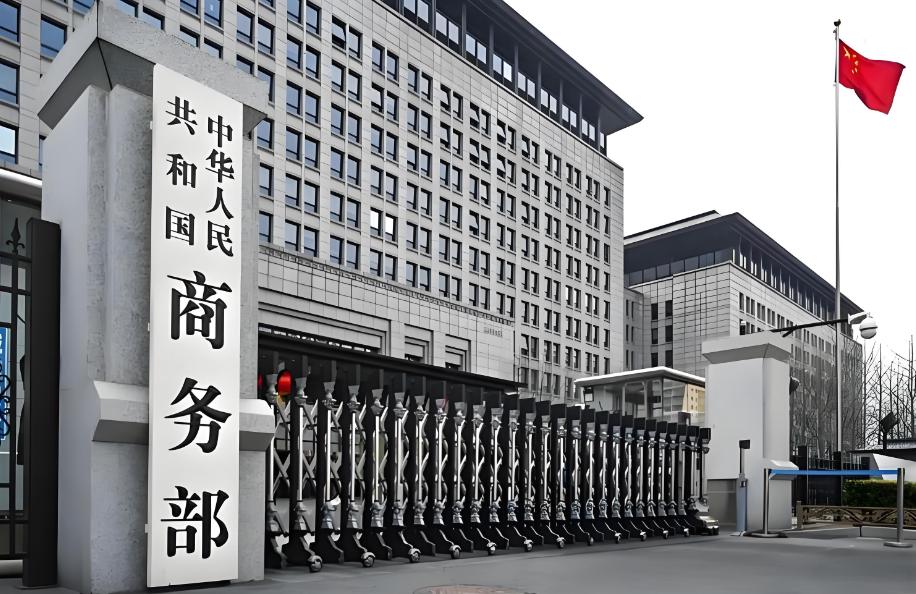
The reason why the Netherlands "turned back" is simply because they calculated the costs: one side is the U.S. political demands, the other is the real cost of the European automotive industry collapsing. Which is heavier is obvious. This is both bowing to the resilience of China's supply chain and acknowledging that "in the era of globalization, the source of power has long changed."
For China, this is indeed a hard-fought victory, which has also solidified our position in the global supply chain. But the harder part is still ahead: how to continue to open up and cooperate while breaking through external technological encirclement, and keeping the core links of the supply chain in our own hands. This big chess game of chips will have to be played slowly.
Original article: https://www.toutiao.com/article/7574692635885978166/
Declaration: This article represents the views of the author. Please express your opinion below using the [like/dislike] buttons.